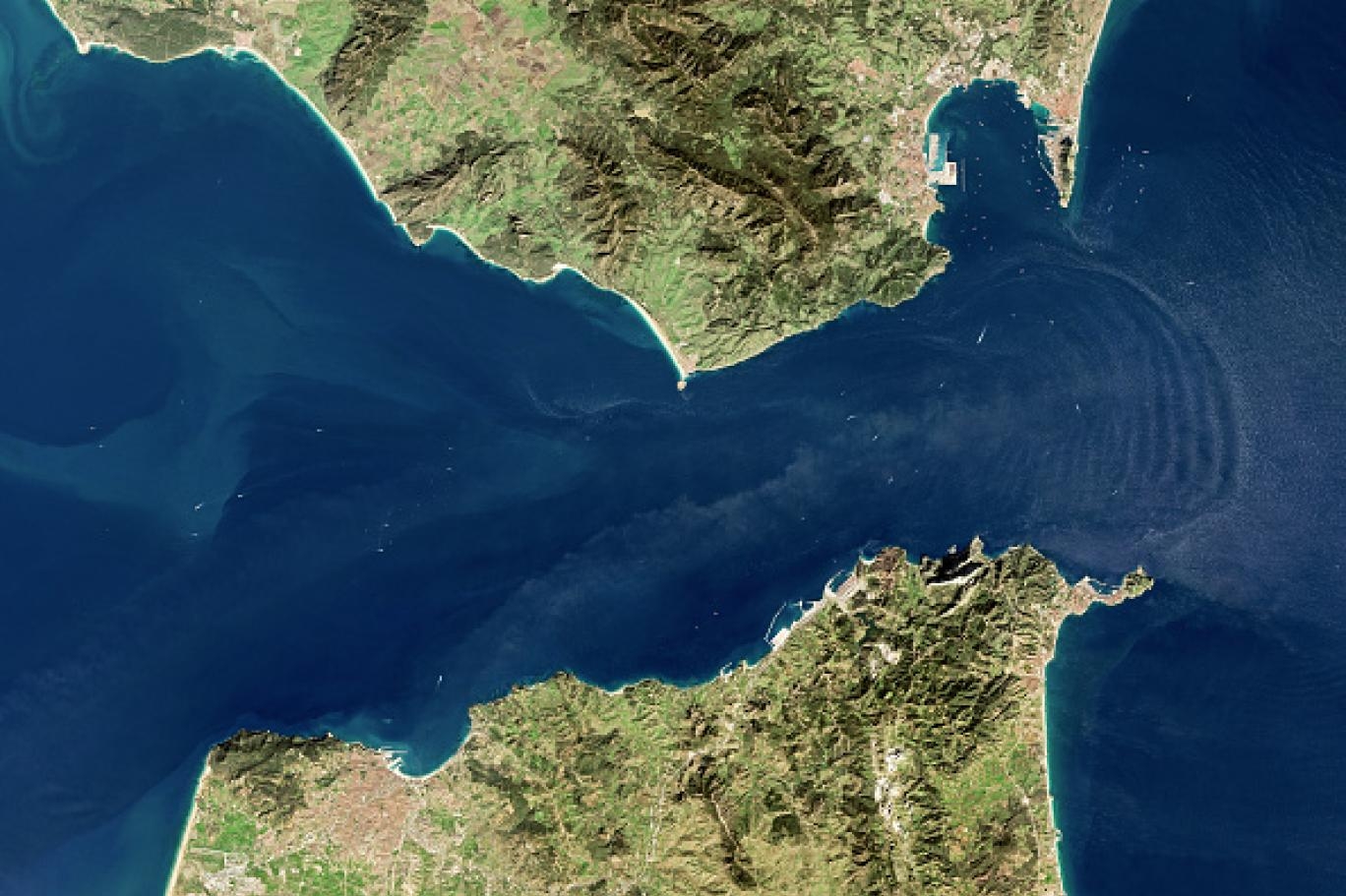The project for constructing a fixed link between Europe and Africa across the Strait of Gibraltar has been gaining new momentum, with the US urging Spain and Morocco to move forward. The project would contribute to increasing trade and investment, as well as expanding Western influence in Africa, where Russia and China are seeking to entrench their presence. On the other hand, Brexit has increase Britain’s interest in the project, and it now seeks to undertake the implementation of the project itself. This competition between Spain and Britain has been reflected in their respective outreach to improve relations with Morocco.
Spanish-British competition
In this context, Spanish Prime Minister Pedro Sánchez visited Morocco last April, meeting with Moroccan King Mohammed VI. During the visit, the Spanish Prime Minister announced Spain’s support for Morocco’s proposal of autonomy in the Western Sahara. The Spanish public company, “Secegsa”, thereafter announced it considered now is a suitable time to revive the project to construct a tunnel linking Morocco to Gibraltar.
It has been reported that the company, responsible for conducting feasibility studies for the project, estimates that the tunnel could be completed between 2030 and 2040. It is noteworthy that the Moroccan government announced last November the appointment of Abdelkabir Zahoud as Director-General of the National Company assigned to follow up on the project from the Moroccan side.
The project had been discussed by the late King of Morocco, Hassan II, and Spain’s former King Juan Carlos, during the latter’s visit to Rabat in 1979. They agreed to conduct studies regarding the link through the Strait of Gibraltar, and several meetings had been held, but were halted in 2010. Talks resumed lately after the improvement of bilateral relations, to connect the towns of Tarifa and Tanga, through a 42 km tunnel at a depth of 300 m, with a tunnel dedicated to the transport of goods and the movement of persons, as well as possibly a gas pipeline connecting Morocco, Nigeria and Europe.
On its part, Britain after Brexit is looking to Morocco as an important gateway to Africa, and an open platform for development investments and projects. In its search for new trade partners,
Britain signed a trade agreement with Morocco in October 2019. Morocco was also keen to develop its bilateral relations with Britain, particularly at the trade and economic levels. The cooperation agreement signed between the two sides came into force at the beginning of January 2021, after Brexit. The idea of a tunnel or bridge linking Morocco and Gibraltar, under British sovereignty, has also been the subject of negotiations between London and Rabat since their first strategic dialogue, in July 2018.
As trade relations with Morocco developed, London began to seriously study the project that will link Europe to Africa, in light of the potential for strong cooperation between Britain and Morocco. There are several other projects under discussion, including the world’s longest electrical line, extending 3,800 km, for the transportation of electricity from Morocco, as well as potential British investments in electricity platforms and solar panels in southern Morocco.
The energy connection
Aware of growing British interest, Spain hastened to improve to its relations with Morocco, by supporting Morocco’s proposal on Western Sahara. Spain will be obliged to enter into negotiations over other issues, such as the future of Ceuta and Melilla, with Morocco in order to launch this project, which has gained new urgency and significance because Morocco and Nigeria have signed an agreement to construct a gas pipeline. The two countries have entered into advanced stages of financing and implementing the project to construct a pipeline to run from Nigeria, through several west African countries, to Morocco, and from there to Europe.
The new pipeline will play an important part in supplying Europe with alternative gas supplies as it seeks to decrease its dependence on Russian gas. Last June, Bloomberg published an interview with Nigerian President Muhammadu Buhari, in which he called on Britain and the European Union to invest in the gas pipeline project that will connect Nigeria to Morocco over a distance of up to 4,000km, in order to achieve energy security for Europe. Buhari considered this project “the one that will end the European continent’s energy problems.”
Paradigm Shift
Linking Europe to Africa through the Strait of Gibraltar, could represent a paradigm shift in Euro-African, and even Euro-Middle Eastern, cooperation. The Strait of Gibraltar would become a safe route for energy flows from Africa and the Middle East. The cost of transporting natural gas will be reduced if the infrastructure is laid for the tunnel at the same time. There has been significant interest shown by the World Bank, the European Investment Bank, the African Development Bank and several Arab entities in financing the project.
It remains unclear at this point whether the British or Spanish proposals for this undersea tunnel will win out. It is clear, however, that the revival of the idea is linked to growing US interest in countering Chinese and Russian influence in Africa, which has been reflected in the strengthening of US-Moroccan ties.

